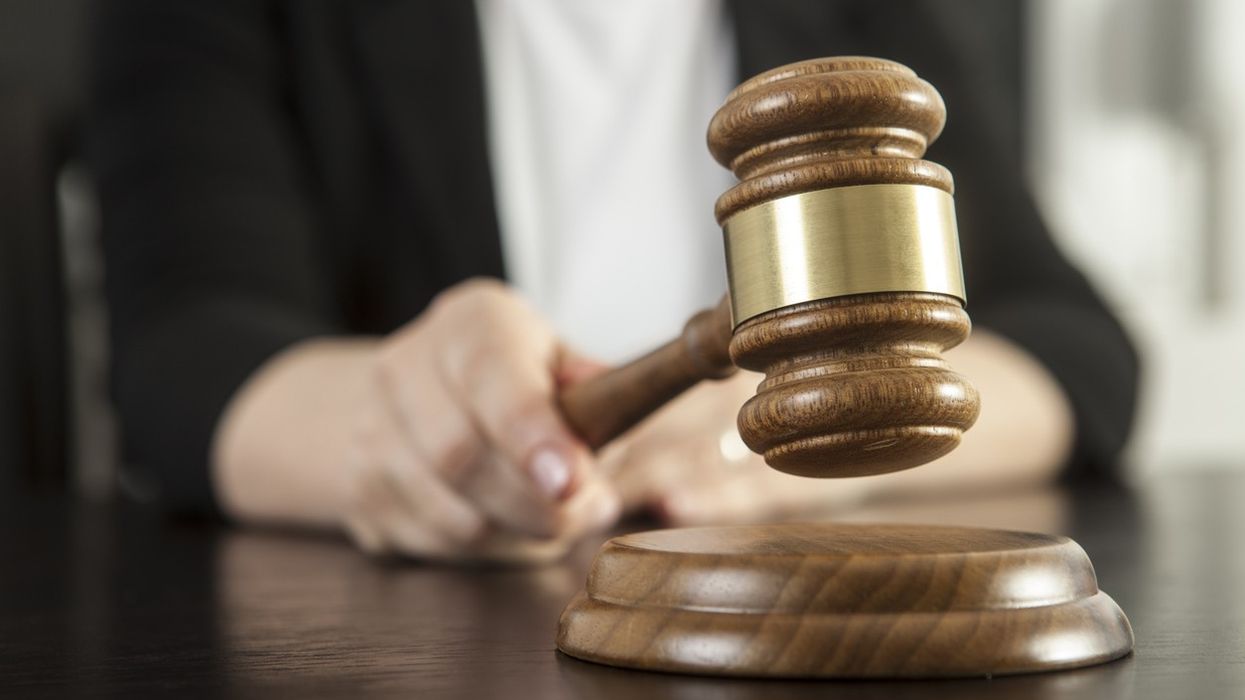TEENAGERS suing to block expansion of an Australian coal mine scored a "landmark" victory on Thursday (27), with a judge agreeing the project would cause them climate-related harm.
A group of eight teenagers, led by the 16-year-old student Anj Sharma, supported by 86-year-old Sister Brigid Arthur, launched a case to prevent a proposal by Whitehaven Coal to expand the Vickery coalmine in northern New South Wales.
While a federal judge rejected the group's calls for an injunction to stop the project outright, he ruled the government must take into account the damage the project would do to the group's health, wealth and wellbeing.
The court has found the environment minister, Sussan Ley, has a duty of care to protect young people from the climate crisis.
"The minister has a duty to take reasonable care to avoid causing personal injury to the children when deciding... to approve or not approve the extension project," Justice Mordy Bromberg found.
The teenagers, led by Sharma argued Ley would be breaching a common law duty of care if she used her powers under national environment laws to allow the expansion, reported The Guardian.
Legal experts said the ruling was significant because it was the first time a court had accepted expert testimony about the vast potential impact of climate change on younger generations and the government's duty to consider that impact in weighing new fossil fuel projects.
In the ruling, Bromberg accepted harrowing expert evidence of a grim future on a warming planet.
It was, he said, "what might fairly be described as the greatest inter-generational injustice ever inflicted by one generation of humans upon the next."
"It is not merely the vulnerability of the children which I find potent. It is also their innocence. They bear no responsibility for the unparalleled predicament which they now face," he said.
Ava Princi, a 17-year-old litigant, described the judgment as a "thrilling" world-first victory for young people that should inspire further action.
"This is a landmark decision. This is the first time a court of law, anywhere in the world, has recognised that a government minister has a duty of care to protect young people from the catastrophic harms of climate change," she said.
"This case was about young people stepping up and demanding more from the adults whose actions are determining our future wellbeing," she added.
"I hope that this case inspires more of us, everywhere in the world, to push for stronger, faster and deeper cuts to carbon emissions."
Courts are increasingly becoming the front line in battles over the future of the planet.
A Dutch court on Wednesday (26) ordered oil giant Shell to slash its greenhouse gas emissions in a landmark victory for climate activists with implications for energy firms worldwide.
Final order pending
The fate of the Australian project -- Whitehaven Coal's Vickery Extension -- is yet to be decided.
Judge Bromberg said he would reserve orders "for later consideration" after the parties confer.
The Australian high school students had hoped the case would create a precedent that would virtually rule out the construction of any new fossil fuel projects.
While that move has faltered, the legal battle is "not over yet", according to Princi, who along with the rest of the group are activists in the "School Strike 4 Climate" movement inspired by Swedish environmental campaigner Greta Thunberg.
Thousands of Australians marched in nationwide climate protests last week, with many schoolchildren skipping classes to voice their anger at a massive new gas project and government foot-dragging on emissions targets.
The vast island-continent is one of the world's largest producers of coal and natural gas, but has also suffered under extreme climate-change-worsening droughts, floods and bushfires in recent years.
But Australia is coming under increasing international pressure to follow other developed economies and set a target date for becoming carbon-neutral.





